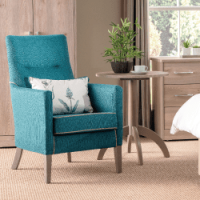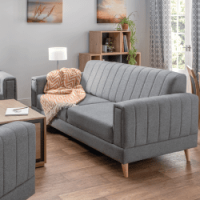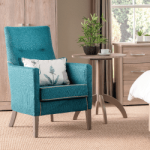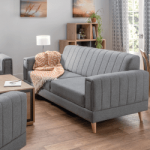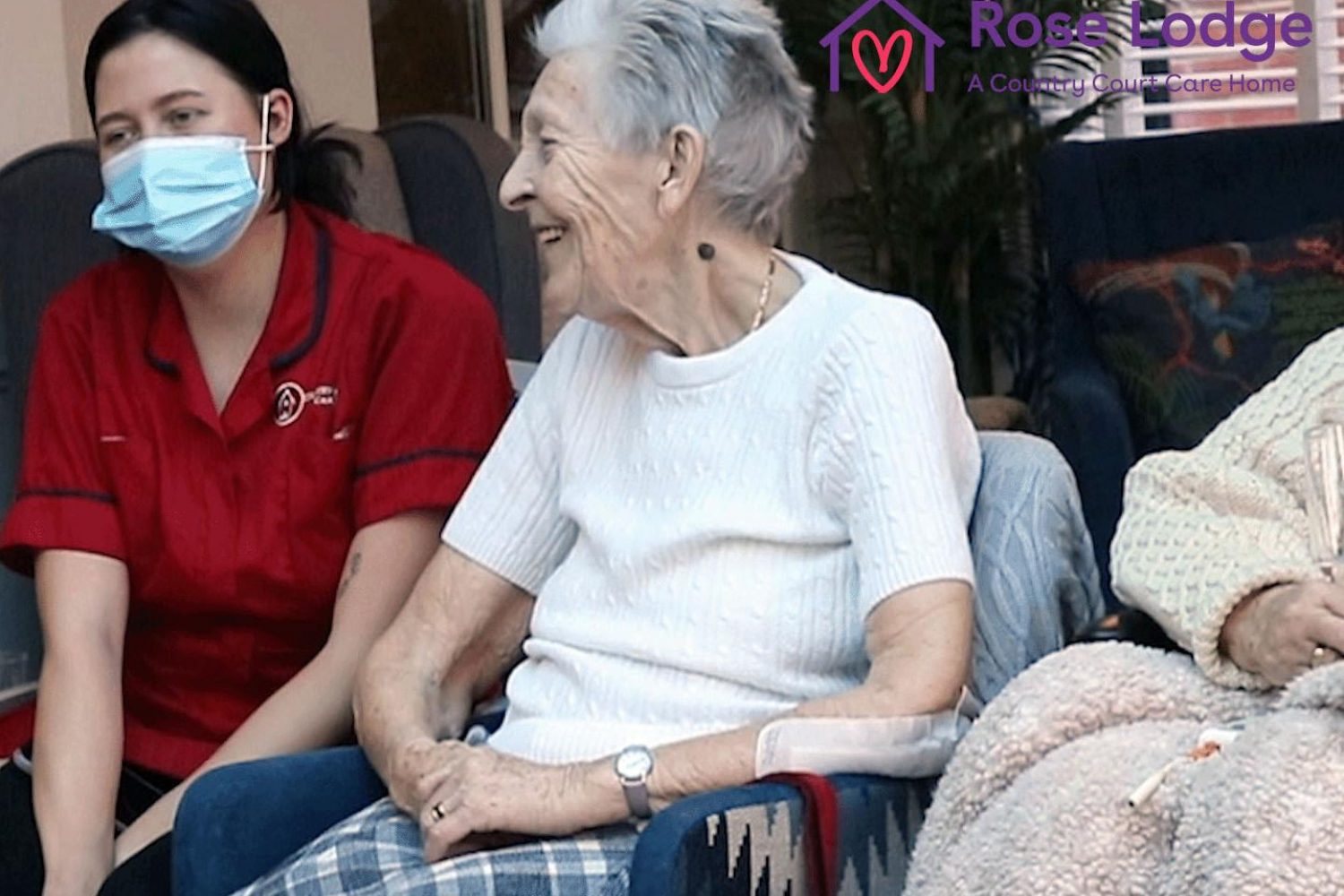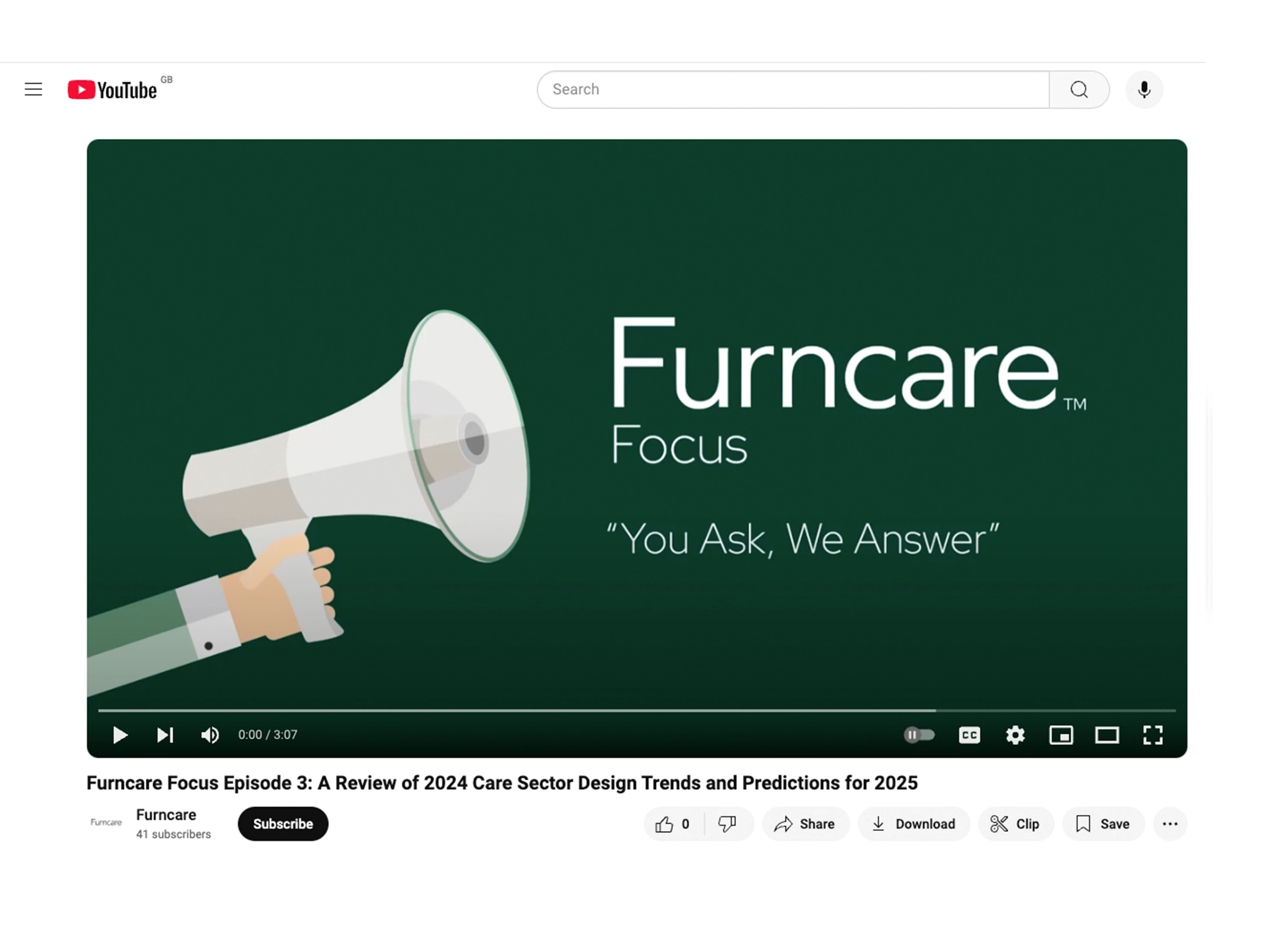- Article
- Mike Goldwater
Furncare’s Liv Collection now provides a wider choice of contemporary interiors for supported living and challenging environments. Exciting new room themes for private bedrooms and homely living rooms have been added, and coordinate everything

